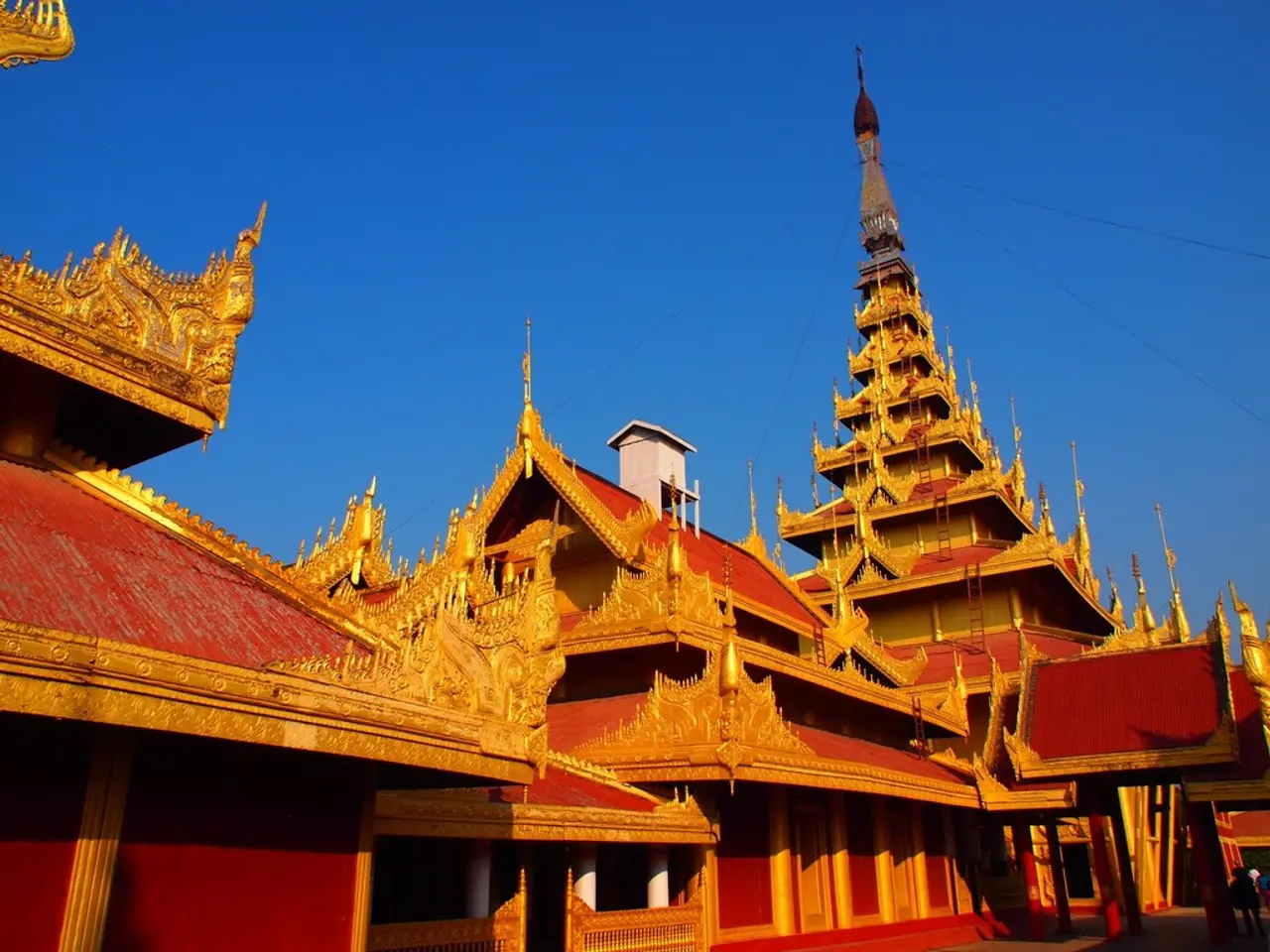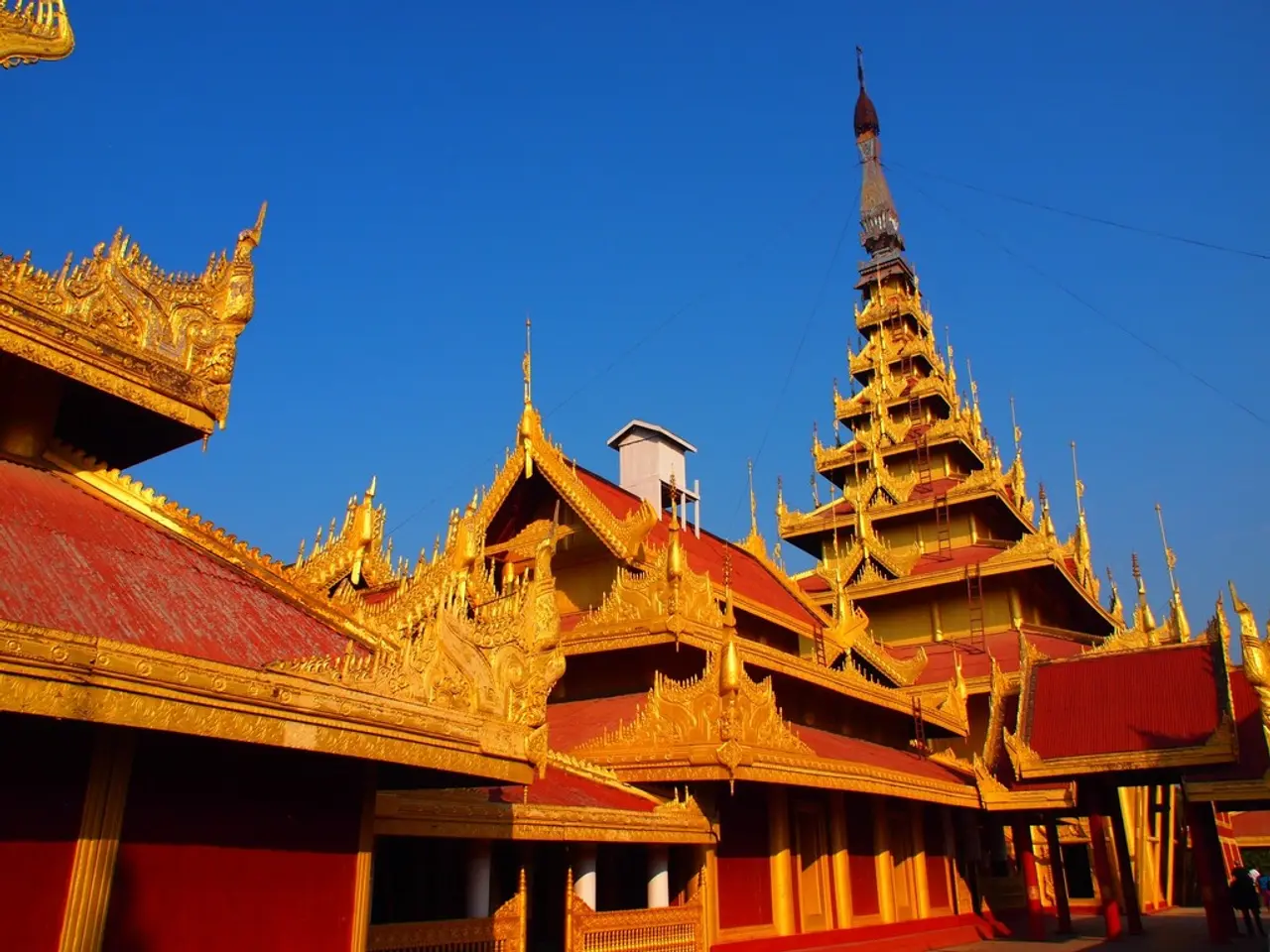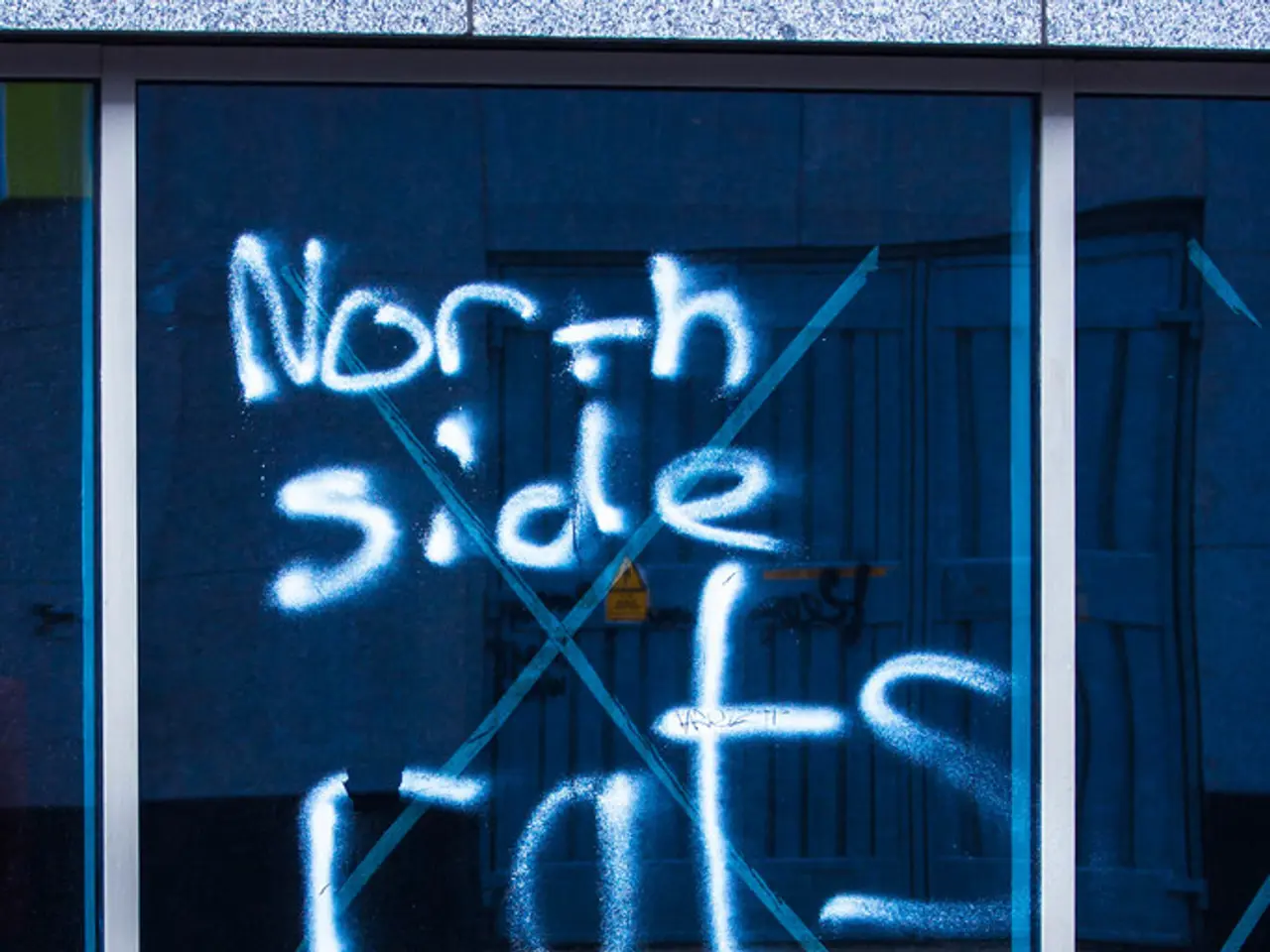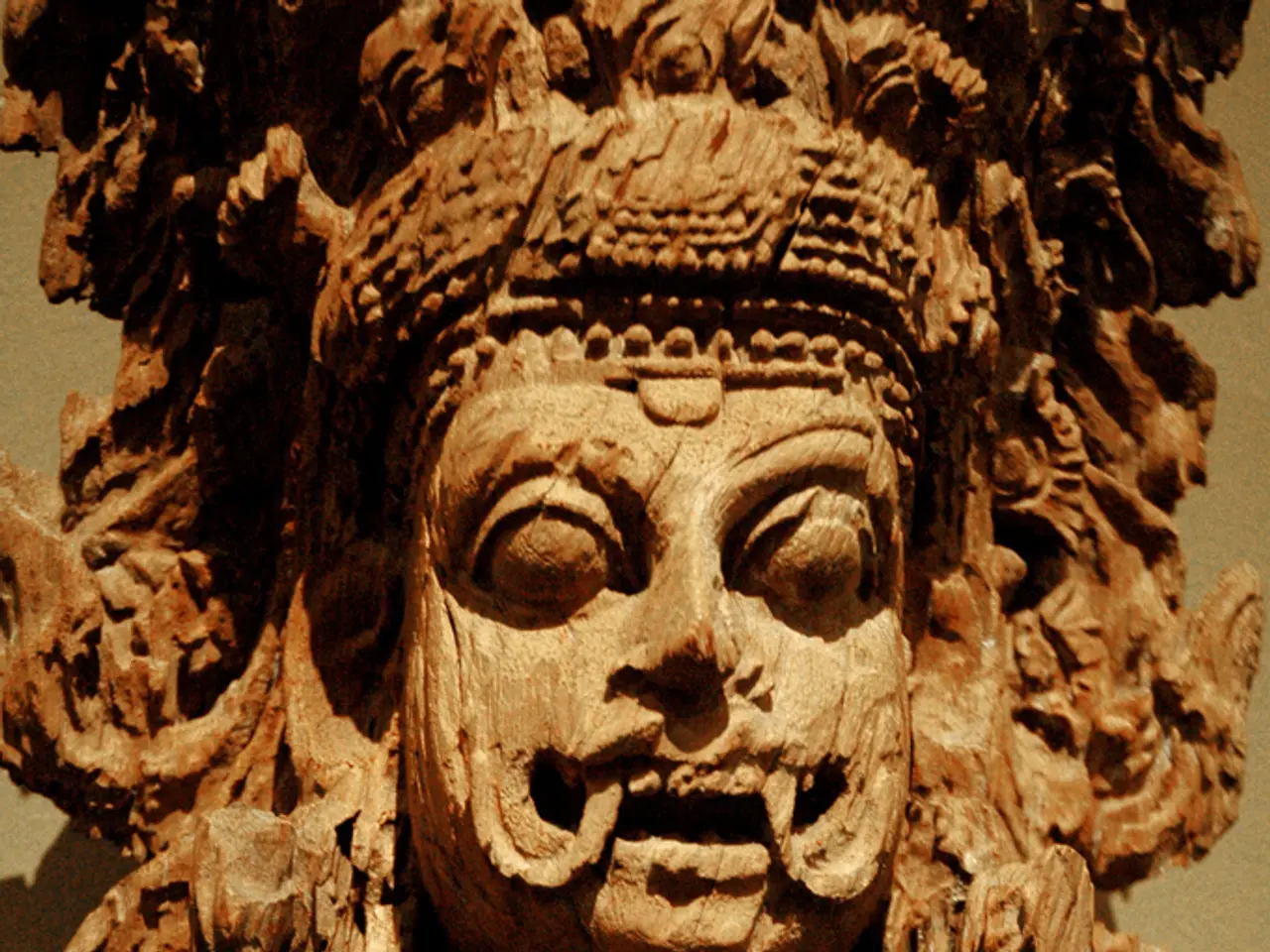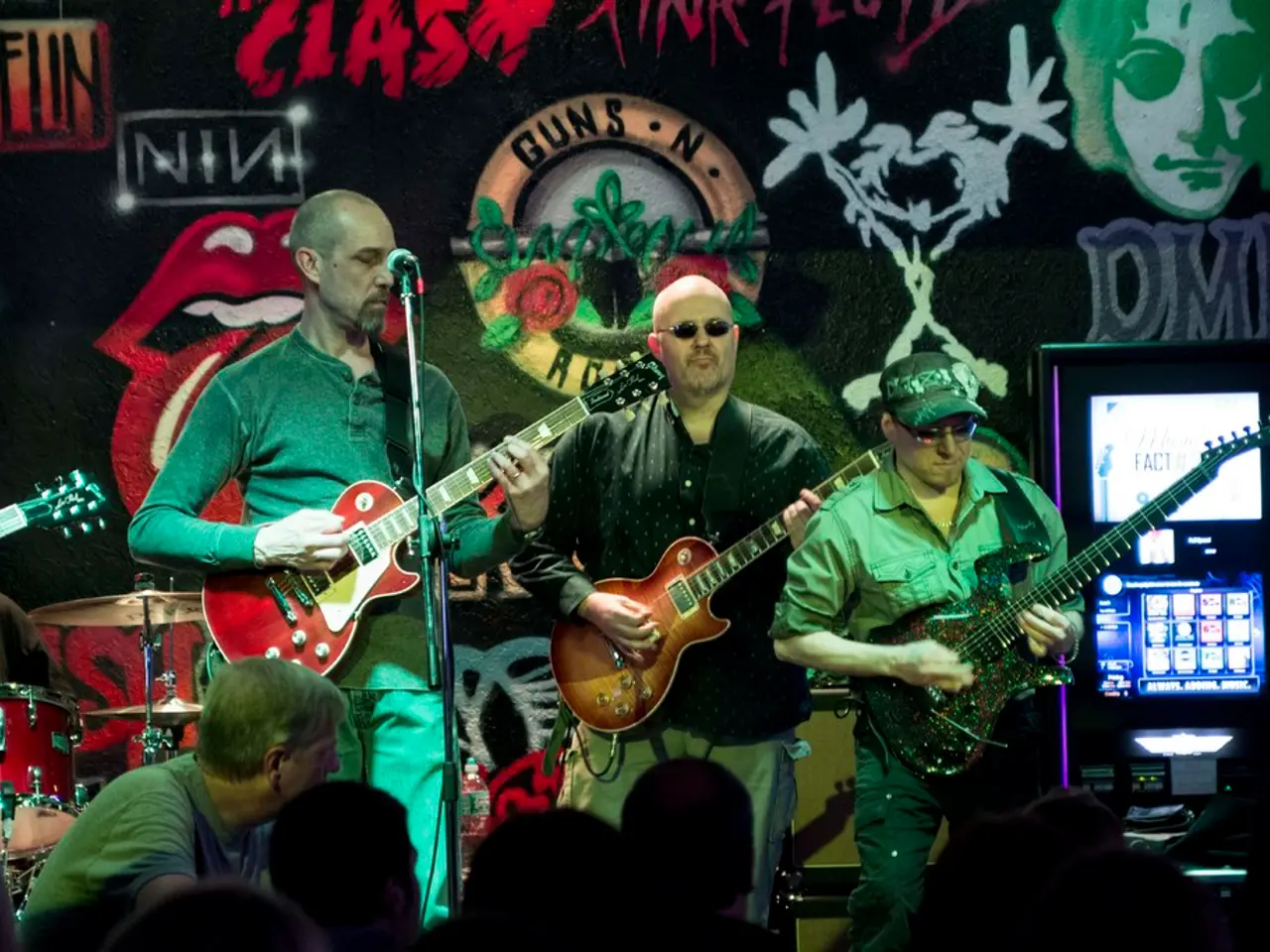Former Prime Minister Sheikh Hasina's trial commences as Bangladesh pursues justice following the 2024 crackdown, aiming to hold her accountable for her actions.
The political landscape of Bangladesh is shaping up to be a significant point of interest as the nation prepares for upcoming elections. The trial of Sheikh Hasina, the country's former Prime Minister, and two associates, is currently underway in absentia, with potentially far-reaching consequences for the election landscape.
Sheikh Hasina, along with former Home Affairs Minister Asaduzzaman Khan Kamal and former police chief Chowdhury Abdullah Al-Mamun, have been formally charged and indicted by Bangladesh's International Crimes Tribunal-1 (ICT) for crimes against humanity. The charges stem from the violent crackdown on anti-government protests in 2024, which resulted in at least 1,400 deaths, primarily by bullets from military rifles.
The trial began in early August 2025, with an unprecedented live broadcast of hearings. The tribunal ordered the accused to be physically presented in court for future hearings, with the next scheduled hearing set for mid-June 2026.
The evidence presented against Hasina includes video, audio, drone/helicopter movement records, victim statements, and intercepted telephonic communications that allegedly show her ordering the use of lethal force. The trial will likely involve testimonies from witnesses and arguments from both the prosecution and defense.
The ICT sentenced Hasina to six months in prison on a contempt charge in July, marking her first formal conviction to date. The trial is a landmark moment in Bangladesh's pursuit of accountability and justice, and it provides long-awaited closure for victims of state violence.
The broader context of the allegations against Hasina includes her role in the violent suppression of the July Uprising student protests in 2024 and the resulting deaths of hundreds of civilians, including children like 11-year-old Rakib Hossain. The tribunal reserves the death penalty, and if convicted, Hasina may face the severest outcomes under Bangladeshi law.
The trial now stands as both a legal reckoning and a barometer of Bangladesh's democratic resilience and fragility. The prosecution has secured the cooperation of Al-Mamun, who pled guilty and will testify as a state witness. The trial will be broadcast live to the public for the first time in Bangladesh for such high-profile proceedings.
The political fallout from the trial may affect the election landscape in Bangladesh. The interim government, led by Muhammad Yunus, has banned the Awami League party from the upcoming elections. However, Hasina faces 152 legal cases, including 135 for murder, alongside charges of corruption, voter fraud, and human rights abuses.
It remains unclear what will happen next in the trial proceedings against Hasina and her associates. The trial will involve eyewitnesses and survivors, including microbus driver Khokon Chandra Barman. The trial of Sheikh Hasina is a crucial step in Bangladesh's pursuit of accountability and justice, offering a chance for the nation to confront its past and strive for a more democratic future.
- Despite the ongoing trial of Sheikh Hasina, the country's former Prime Minister, in war-and-conflicts-related charges, the political landscape of India remains relatively untouched, with policies and legislation continuing to shape its politics and general news.
- As crime-and-justice concerns expand globally, the trial of Sheikh Hasina and her associates, along with the current trial of former Prime Minister Hung Tak in China for similarly grave charges, serve as significant examples in the realm of international human rights and justice.
- In the context of Bangladesh, the unfolding trial of Sheikh Hasina and her associates for crimes against humanity not only sheds light on the nation's troubled past but also raises questions about the future of its policy-and-legislation landscape, especially in the lead-up to upcoming elections.
